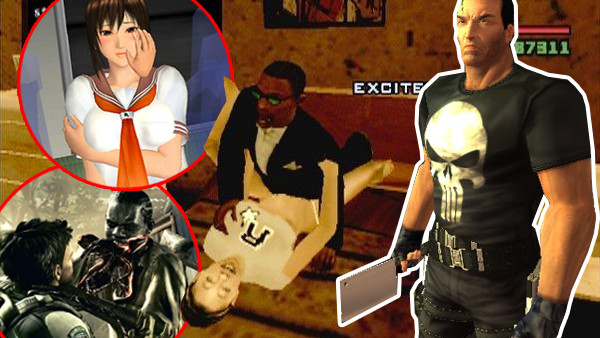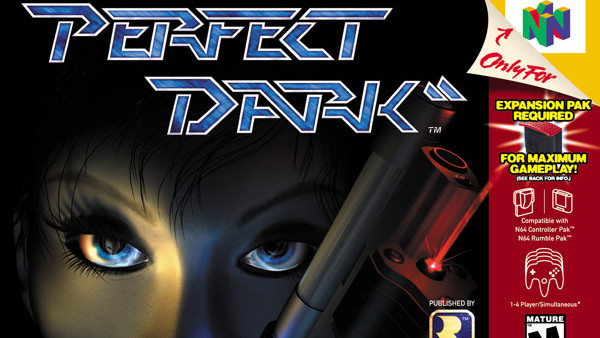14 Most Controversial Video Game Moments Of The 2000s
'Sex simulators', racial tensions and a game with... *shudder* rape mechanics?!

Where would we be today if games developers weren't willing to push the boundaries on what is and isn't acceptable to include?
Perhaps we'd all be running around the battlefield, brandishing air rifles as opposed to 'real' guns? Would sexuality and nudity still be viewed with the same disgust as finding out a waiter spat in your food? And what about violence? Oh, the horror.
Thankfully, there are times when those in charge decide the risk is worth it, giving the green light to not only approval, but innovation in the face of otherwise established trends. For that very reason, we get games like Perfect Dark, BioShock, the Call of Duty series - all classics in their own right that wrote their own name into the history books right off the bat.
Of course, there are plenty other titles that push boundaries that little bit too far, assumedly in the pursuit of identity and attention; ending up as controversial for the sake of it, without real reason or purpose.
It's a balancing act, sure, but on which side are the scales tipped? Find out for yourselves...
14. Nintendo Publishes Perfect Dark

Let's start this off with a mild one, shall we?
Nintendo has fostered the image of being a family-friendly company very carefully over the last three decades, proud of its reputation for manufacturing consoles that parents are never afraid to buy their children.
Of course, the N64 and all subsequent Ninty devices had some pretty graphic games on offer (Madworld says hi), but there was a time when the Big N had never even published an M-rated title.
That all changed when they helped release Perfect Dark, which, unlike its spiritual successor, got slapped with a Mature rating. It might not seem like a big deal now, but at the time, the controversy became so thick, it almost suffocated the Japanese company that had always sold itself on universal appeal.